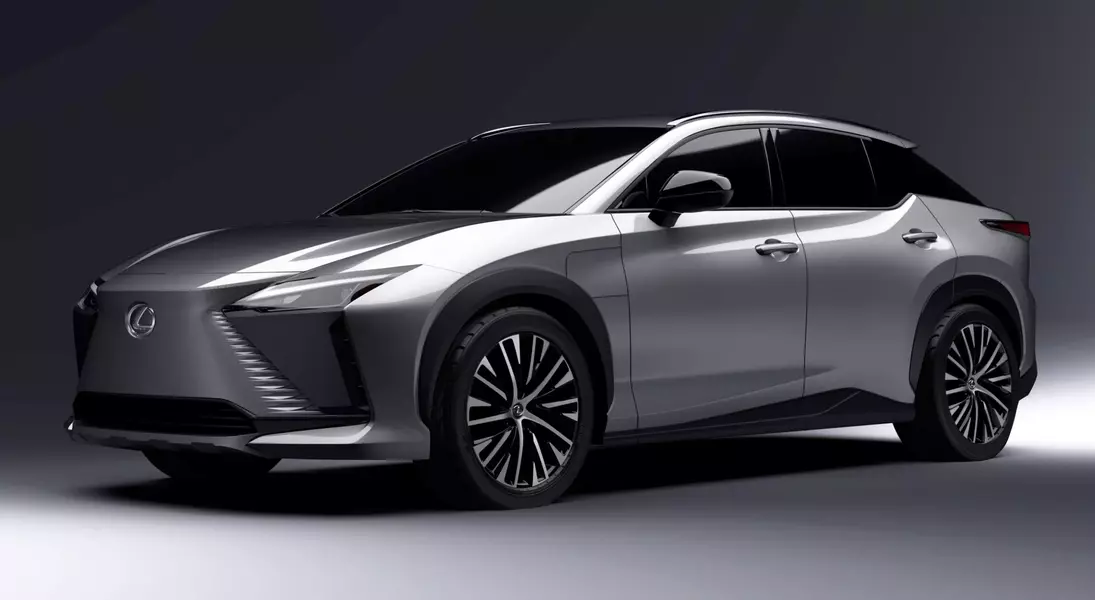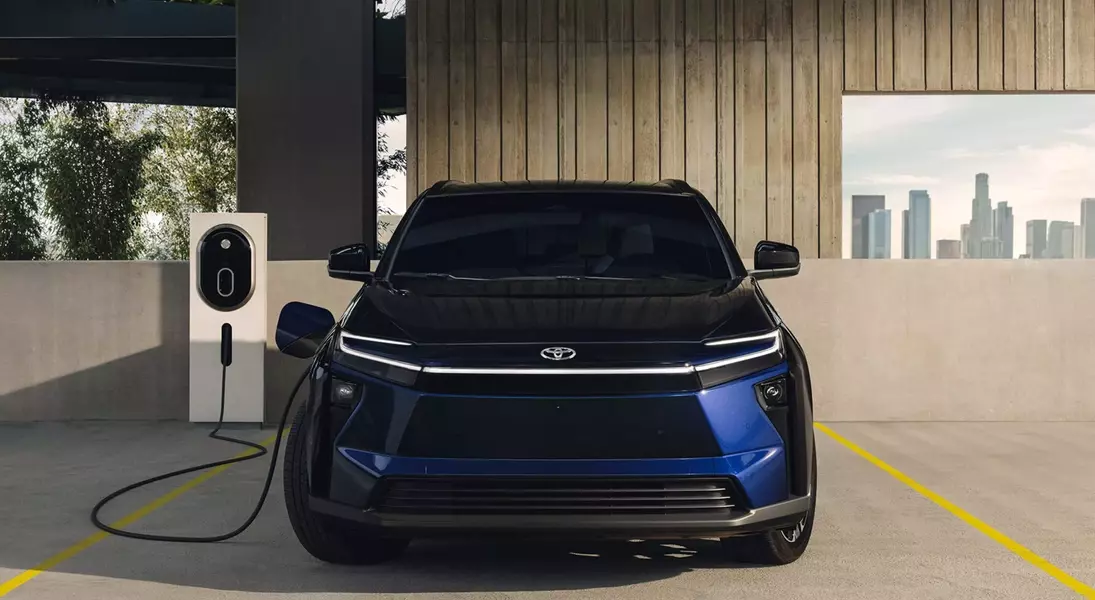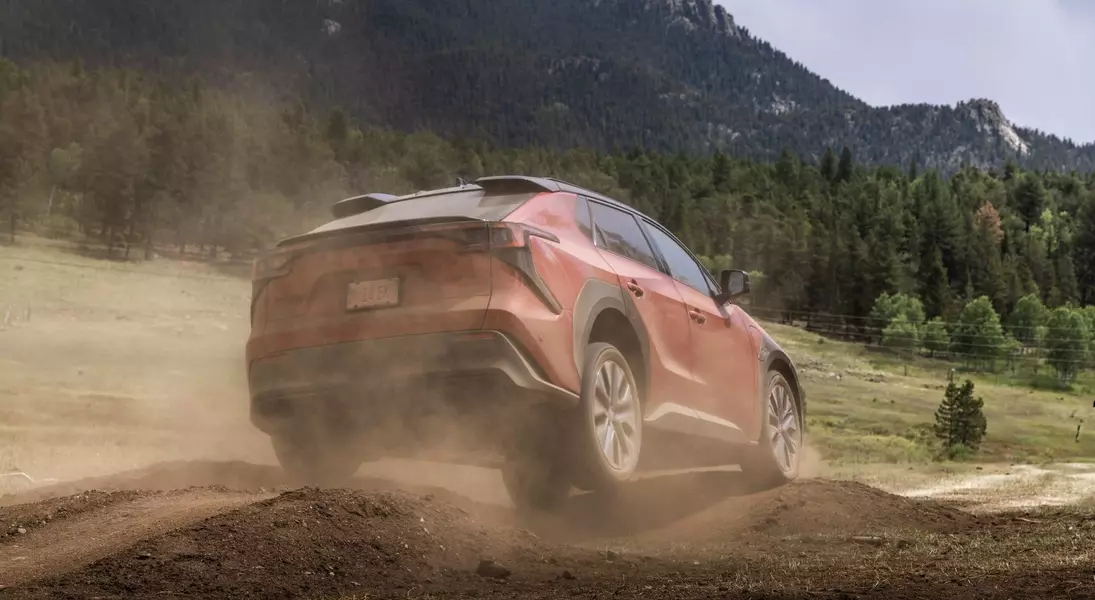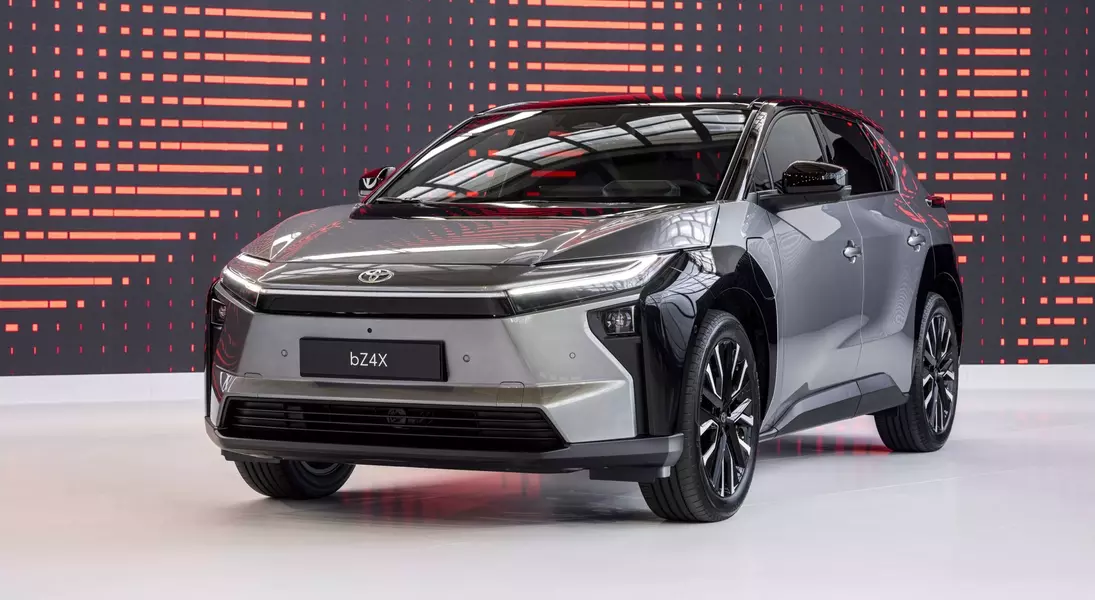





Toyota, Subaru, and Lexus have collectively initiated a significant recall impacting close to 100,000 electric vehicles. This widespread action targets models such as the Toyota bZ4X, Subaru Solterra, and Lexus RZ, which share a common underlying architecture. The core of the problem lies within the climate control system, specifically a software anomaly that impairs the functionality of the defroster and defogger, crucial components for driver visibility and safety. This malfunction has led to an immediate halt in sales for the affected vehicles as the manufacturers strive to implement a timely and effective resolution. The National Highway Traffic Safety Administration (NHTSA) has expressed considerable concern regarding this defect, emphasizing the potential for dangerous driving conditions due to compromised windshield clarity, especially during adverse weather.
The investigation into this issue revealed that a specific electrical compressor failure can force the HVAC system into a 'failsafe mode,' rendering the heating and defrosting mechanisms inoperable. This poses a heightened risk during colder months when clear visibility is paramount. Vehicle owners are scheduled to be notified of the recall beginning in November, outlining the necessary steps to address this safety concern and restore full functionality to their vehicles.
Extensive EV Recall by Automotive Giants
Toyota, Subaru, and Lexus have jointly announced a large-scale recall impacting close to 100,000 electric vehicles, specifically the Toyota bZ4X (model years 2023-2025), Subaru Solterra (model years 2023-2025), and Lexus RZ (model years 2023-2025). The primary concern revolves around a software flaw within the climate control system that can impede the proper operation of the defroster and defogger. This defect, identified through internal investigations and confirmed by filings with the National Highway Traffic Safety Administration (NHTSA), necessitates a stop-sale order for these models until a permanent fix is available. The Toyota bZ4X accounts for the largest portion of the affected units, with 41,499 vehicles included in this recall. The issue could compromise driver visibility, particularly in cold weather conditions, thus increasing the risk of accidents.
The collaborative effort between these prominent automakers underscores the shared platform and technology utilized in these EV models. The malfunction can cause the vehicle's heating, ventilation, and air conditioning (HVAC) system to enter a 'failsafe mode' when a specific electrical compressor failure occurs. This mode prevents the defroster from effectively clearing the windshield of frost, ice, or fog, which the NHTSA has flagged as a significant safety hazard. Owners are advised that notifications about the recall and instructions for remediation are slated to begin in November. The manufacturers are actively working on a software update or component replacement to rectify the issue and ensure the safe operation of these electric vehicles.
Safety Concerns and Regulatory Response to Defroster Malfunction
The National Highway Traffic Safety Administration (NHTSA) has expressed serious concerns regarding the defroster malfunction in nearly 100,000 electric vehicles from Toyota, Subaru, and Lexus. The agency's primary worry is the potential for reduced driver visibility, which directly contributes to an elevated risk of collisions, especially in inclement weather conditions. The defect, stemming from a bug in the climate control system that can lead to a 'failsafe mode,' means the defroster and defogger may not function as intended, leaving windshields obscured by frost, ice, or fog. This safety risk prompted an immediate stop-sale order on the affected models as manufacturers sought a resolution.
The investigation into the climate control issue originated from cold-weather testing, which revealed the system's susceptibility to failure under certain conditions, particularly related to the electrical compressor. This specific component's malfunction can trigger the system's failsafe, effectively disabling critical defroster capabilities. The NHTSA's involvement emphasizes the gravity of the situation, as maintaining clear forward visibility is fundamental to road safety. The affected vehicle owners will be informed starting in November about the necessary steps to address this defect, ensuring that their electric vehicles can operate safely and provide clear visibility in all weather conditions, thereby mitigating the risk of accidents caused by an impaired defroster system.
